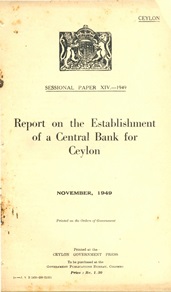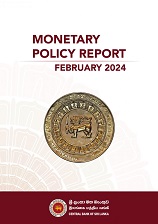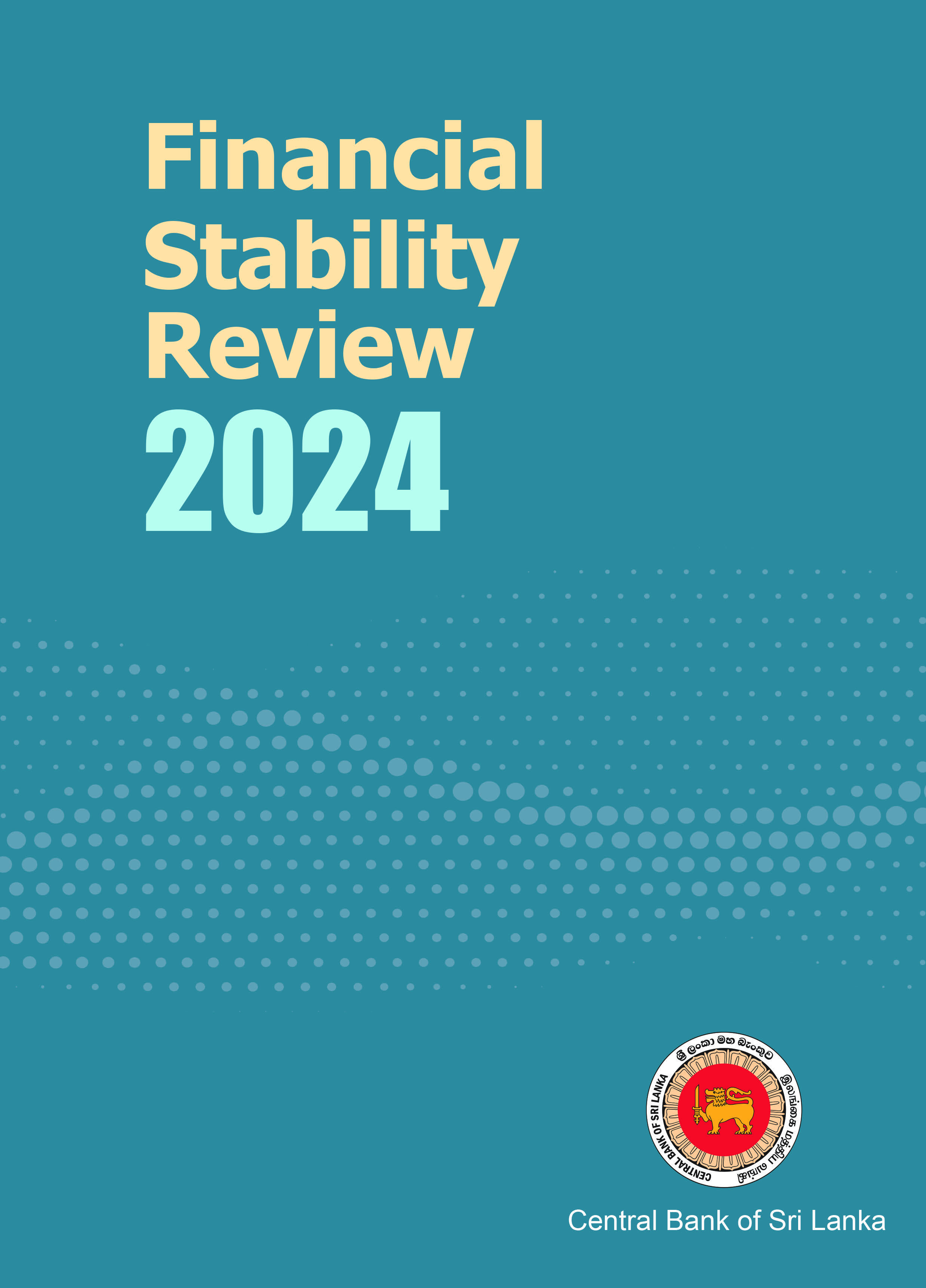The Financial Stability Review (FSR) of 2023 encapsulates the developments in the financial system, the risks and vulnerabilities identified thereof, and the policy measures taken by the Central Bank and other regulatory institutions in addressing such risks during the review period, which primarily covers data up to end September 2023. The electronic version of the publication can be accessed through the Central Bank website.
The financial sector, which experienced an unprecedented array of challenges in the aftermath of the economic crisis, continued to operate under challenging conditions. The overall economic contraction during the nine months ending September 2023 coupled with tax hikes aimed at supporting fiscal consolidation; and elevated price levels and interest rates resulted in strained balance sheets of economic agents. Accordingly, financial intermediation1 witnessed a considerable decline reflecting the subdued demand and supply conditions for credit amidst a considerable deterioration in credit quality. Financial sector exposure to the Government continued to increase amidst the fall in overall credit growth, highlighting imbalances that pose challenges to the financial sector. While the approval of International Monetary Fund’s Extended Fund Facility (IMF-EFF) in March 2023 brought in confidence, ensuing developments such as uncertainties about the sovereign debt restructuring process and the results of the bank diagnostics exercise raised some concerns on the sector. Reflecting the early impact of monetary policy easing, the private sector credit-to-GDP gap (The Credit Gap), which reflects the status of the credit cycle, signals that the trough of the cycle had passed, and the cycle has entered the recovery phase.










